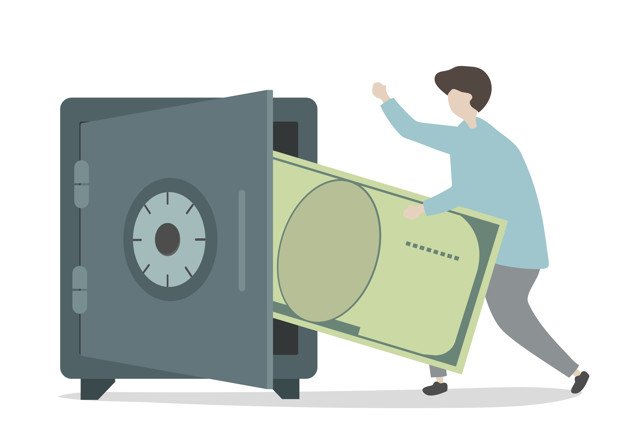Whether you’re leaving school or your parents’ home, moving into your first place can be exciting. But as first-time renters, you’ll also have to navigate the world of leases, landlords, and independent living expenses.
To help you prepare for your big move, let’s look at a handful of sometimes unexpected expenses new renters are faced with.
5 Unexpected Expenses of First-Time Renters:
1. Furniture:
You might have a few pieces of furniture you can take to your new apartments, such as your old bed from your parents’ place or smaller items and décor you had in your dorm room. But your first apartment will likely be the biggest space you’ve had to furnish so far.
At a bare minimum, you’ll want to budget for a bed, a couch, and a simple dining set. But you also may need a TV stand, a dresser, a desk, and more seating if you plan to entertain frequently. And those are just the big items. Smaller tables, chairs, and decorative items would still have to be worked into your budget, though you don’t need them all upfront.
2. Pet Deposit or Fee:
If you plan to have a pet in your new rental, know that many landlords will charge you extra. That could mean a pet deposit, which can range from a small fee to a full month’s extra rent. They could charge you “pet rent”—a monthly add-on fee to your rent. Some landlords charge both. These fees cover potential damage from pets, like odor or scratched floors, when you move out. They vary widely though, so be sure to compare your options before getting your heart set on a place.
3. Security Deposits:
When you move into a new apartment, you don’t simply start paying the regular rent. You’ll almost always be required to pay a security deposit before you can move in. The amount can vary from one landlord to the next, but you can generally expect to pay at least a month’s rent as your security deposit.
4. Renter’s Insurance:
If you move into a new apartment and disaster strikes—like a fire that causes you to lose most of your possessions—you might assume your landlord’s insurance will cover what you lost. But that isn’t the case. Your landlord’s insurance will cover the structure itself, but you’re responsible for insuring your belongings. That means taking on another expense you might not have considered: renter’s insurance.
6. Utilities:
If you’re used to living under someone else’s roof or at college, you might not be used to paying for all your own utilities. These expenses can also come as a surprise. Of course, there’s the usual electric bill, internet, and cell phone service. But you’ll also need to cover cable (or a streaming service like PlayStation Vue or Philo for cord-cutters) and possibly water, sewage, and trash collection fees as well.
Knowing your future costs upfront can help you better prepare when searching for your first apartment. Keep these expenses in mind when setting your budget, both monthly as well as for the move itself.
Read Also:

























